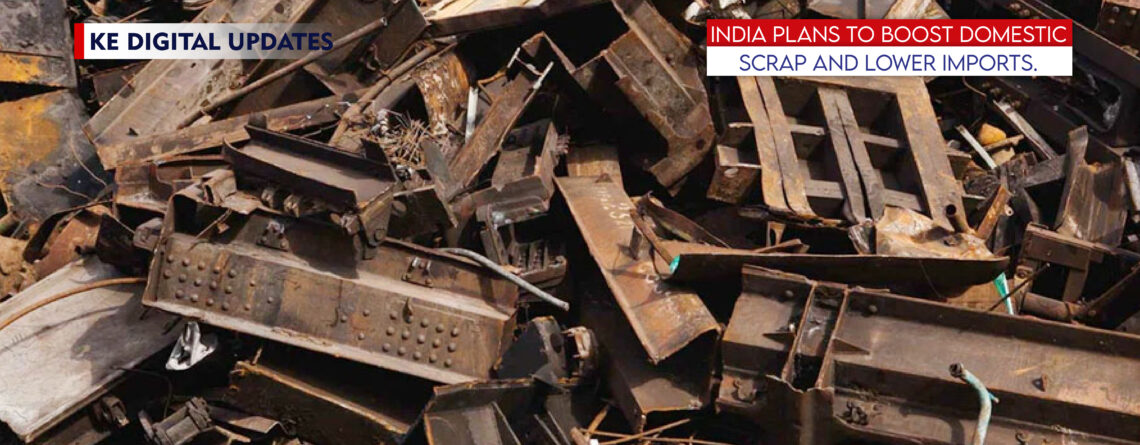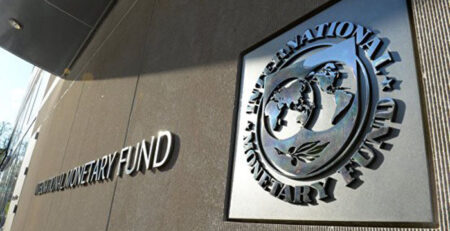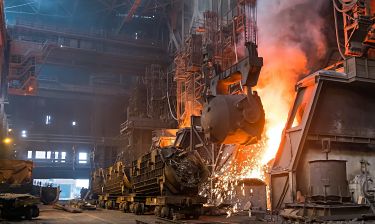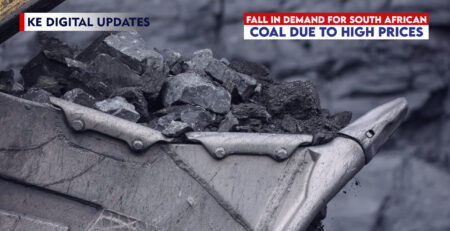India’s steel industry is pivotal as the Ministry of Steel unveils plans to increase domestic ferrous scrap generation and reduce reliance on imports. Currently, imports account for 25% of India’s ferrous scrap requirements—a dependency the ministry must address. This proactive initiative comes when export restrictions in Europe and the United States are tightening, further emphasizing the need for a sustainable and self-reliant scrap supply system.
To achieve this, the ministry is considering forming an inter-ministerial body. This specialized group would coordinate efforts across various industries, moving beyond the predominant reliance on the automobile sector. While automotive scrap generation is significant, the ministry seeks to tap into other potential sectors such as consumer durables, engineering, capital goods manufacturing, and shipbreaking. Rich in scrap-generation opportunities, these sectors could greatly diversify and expand the domestic supply base.
One key aspect of this strategy is the extension of incentives for scrap generation. Owners of end-of-life vehicles benefit from government-framed schemes encouraging them to offer their cars for scrapping. The steel ministry is exploring the feasibility of extending similar incentives to other sectors, ensuring incremental scrap generation that spans industries beyond automobiles.
This initiative addresses import dependency and aligns with India’s sustainability and environmental stewardship goals. By enhancing domestic scrap generation, the steel industry could reduce waste, conserve raw materials, and lower the energy consumption associated with manufacturing processes.
The Ministry of Steel’s bold move highlights its commitment to fostering collaboration, diversifying sources of scrap generation, and ensuring India’s steel industry remains robust and resilient in the face of global challenges. As strategies take shape, this plan promises to transform India’s scrap landscape into a model of innovation and sustainability.








Leave a Reply